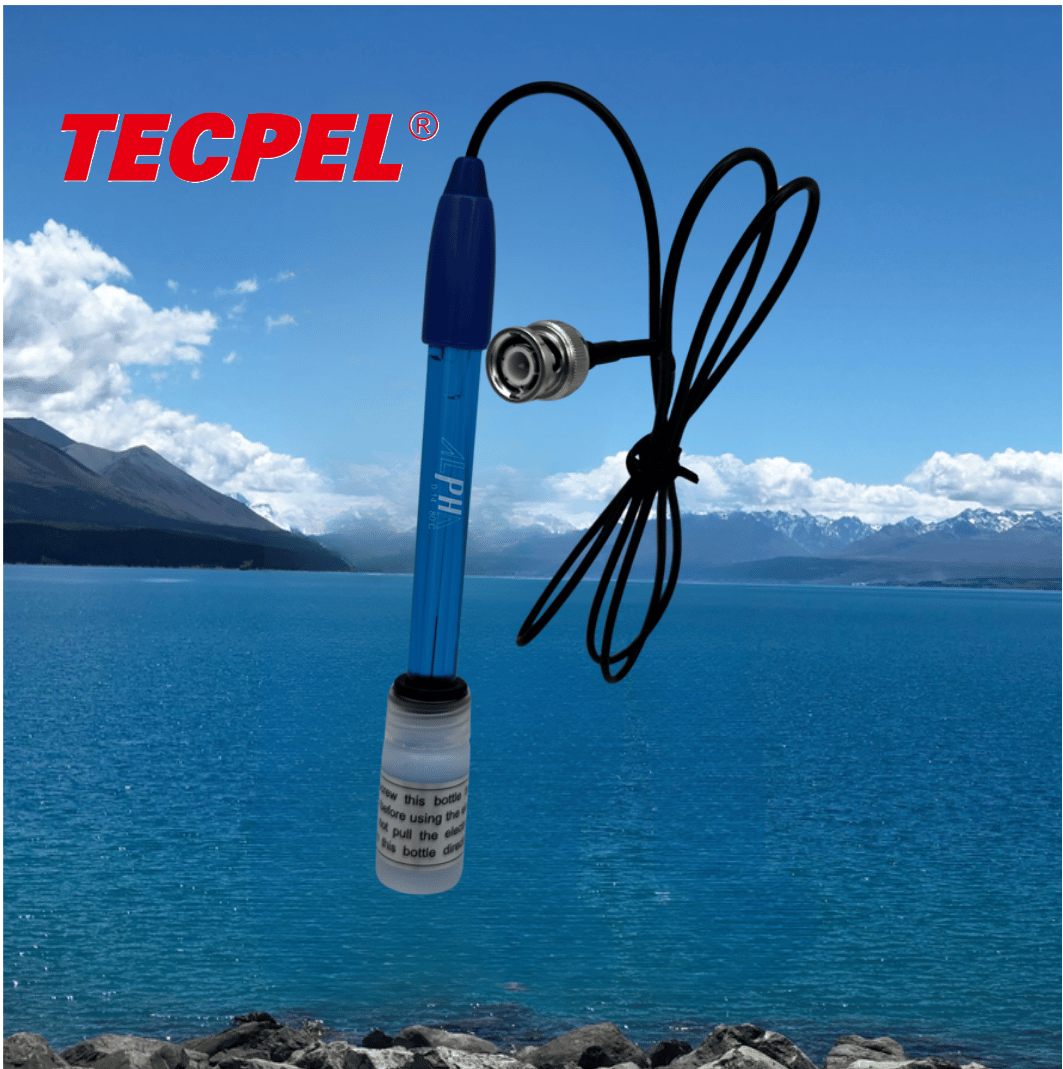Water Quality Testers
Application fields of water quality tester
Lake water quality testing, food processing section pictures showing the use of water quality control in aquariums, beverage production lines, fish fry farms and food processing facilities. The muted colors highlight the importance of tidiness, technique and water quality in each scene,
Importance and coverage of water quality testers
A water tester is a device or instrument that evaluates the chemical, physical and biological properties of water. It plays a vital role in ensuring the safety and suitability of water for purposes as diverse as drinking, recreational activities and environmental monitoring. Water quality testing is critical to identifying potential contaminants, contaminants, and overall water quality health.
These testers utilize various technologies and methods to analyze different parameters that affect water quality. Parameters commonly measured by water quality testers include pH, dissolved oxygen, turbidity, conductivity, temperature, and the presence of specific ions and contaminants such as heavy metals, bacteria, and chemicals.
Application of water quality tester
Water quality testers are used in a wide range of applications, from municipal water plants and laboratories to field applications in outdoor environments such as rivers, lakes and oceans. They help meet water quality standards, detect contamination early, and develop effective water management strategies.
Overall, water quality testers are an indispensable tool for monitoring and maintaining water health, ensuring water resources are safe, sustainable, and meet the requirements of various applications. .
 Language
Language 中文
中文







































